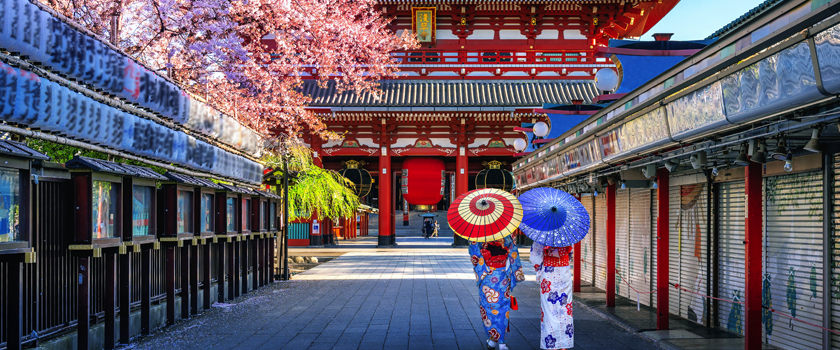Study in Japan
⇒ About Japan
Japan is an East Asian island country. It shares boundaries with China, North Korea, South Korea, Russia, Taiwan, the Sea of Japan, the Sea of Okhotsk, and the East China Sea. It consists of 6,852 islands, the majority of which are hilly and many of which are volcanic. The government system is parliamentary with a constitutional monarchy; the emperor is the chief of state, and the prime minister is the head of government. Japan has a free-market economy in which the prices of products and services are determined. Japan is an Asia-Pacific Economic Cooperation (APEC) and Trans-Pacific Partnership (TPP) member.
Although Japan is among the costliest Asian university destinations, tuition fees are quite low when compared to other countries. In addition, the Japanese government has established a variety of scholarship and financial aid programs for international students. We’ll go through these in further depth later.
Studying in Japan provides excellent job opportunities.
Japan has the third-largest economy in the world and is home to major conglomerates such as Sony, Hitachi, and Toyota. This means that there are many job opportunities for university graduates, and English-speaking graduates are especially in demand.

Why Japanese University?
Acquire a Good Education
Japan has a prestigious education system, frequently placing among the top ten countries in terms of educational quality. Even at the primary and secondary school levels, Japan is noted for its dedication to education.
It’s certainly no surprise that several amazing STEM and technology Japan study abroad programs are available in one of the world’s most high-tech countries. Japan is also a major economic and business center, making it ideal for students studying in those sectors!
While Japan is well-known for its technological and business courses, there is no lack of arts programs. Just look at Japan’s obsession with design, animation, and contemporary apparel to see how arts and cultural studies are intertwined with Japanese culture.
Take advantage of available job possibilities.
Japan’s economy is expanding, and there are plenty of career prospects for English speakers. Much better if you put effort into learning Japanese! Bilingual English and Japanese speakers are in high demand in Japan, which is home to many multinational brands. There is one caveat: as an English speaker, learning Japanese is exceedingly difficult. Fortunately, there is a huge demand for English teachers in Japan! Japan is a popular destination for international English teachers. This means that you will have job prospects after graduation; you can also work part-time as a teacher or tutor while studying in Japan.
Education System
In today’s world of knowledge-based communities and rapid globalization, a high-quality education system is becoming increasingly important. The Japanese education system has emerged as a well-developed and high-quality provider of education. Because Japan is primarily a technology country, the educational technique is techno-nihilist. The curriculum is structured in such a way that children develop motor skills from an early age. While attendance at school is required until the child reaches the secondary level, there are numerous schemes with local variations to promote higher education. Vocational education is meticulously planned to keep students up to date with global norms.
Fast Facts
⇒ Education has always been valued in Japan. You probably already know this, but education is extremely important in Japan.
⇒ In fact, it has been for quite some time! In the late 1800s, a public education system was developed, which greatly raised the country’s literacy rate. Currently, 99 percent of the Japanese population is literate. The education system in China is similar to that of the West, although it is nonetheless distinct.
⇒ When you think about it, there are many parallels between Japanese and Western Education. Uniforms, tests, and grades, for example, are all equivalent.
⇒ Nonetheless, you will immediately understand that Japanese school education is rather distinctive and serves as the foundation of such a secure and efficient society. There are no cleaners.
⇒ At Japanese University, there are no janitors. You might not believe it, but Japanese schools do not rely on janitors to keep them clean. Instead, kids clean every single component of their school, even the bathrooms. The staff is no exception, with everyone from teachers to the principal pitching in to clean.
⇒ All sports club members who are continuously exhausted in class have good news: they can sometimes sleep in their classrooms! This is not a specific right; it is only attainable due to the empathy of teachers, who understand how fatigued these students are.
You want to career growth in Japan?
Apply Today!
Drop your any quiries regarding Study Abroad & Test Preparation, Out team will quickly connect with you to solve your quiries
